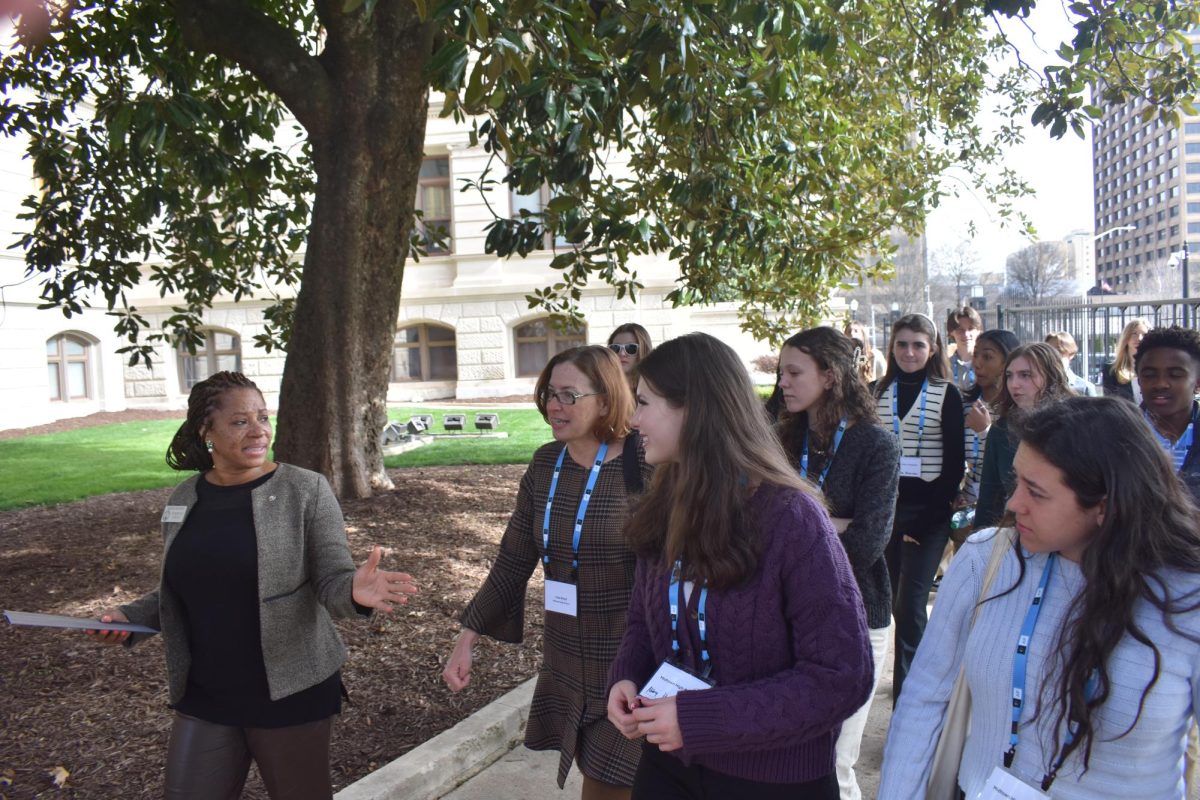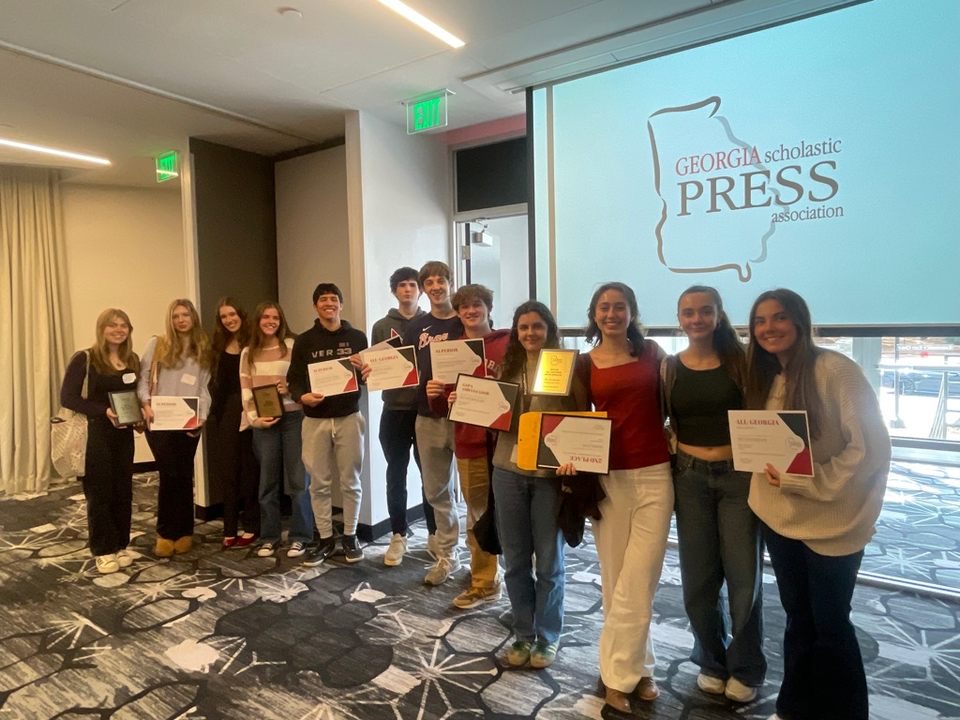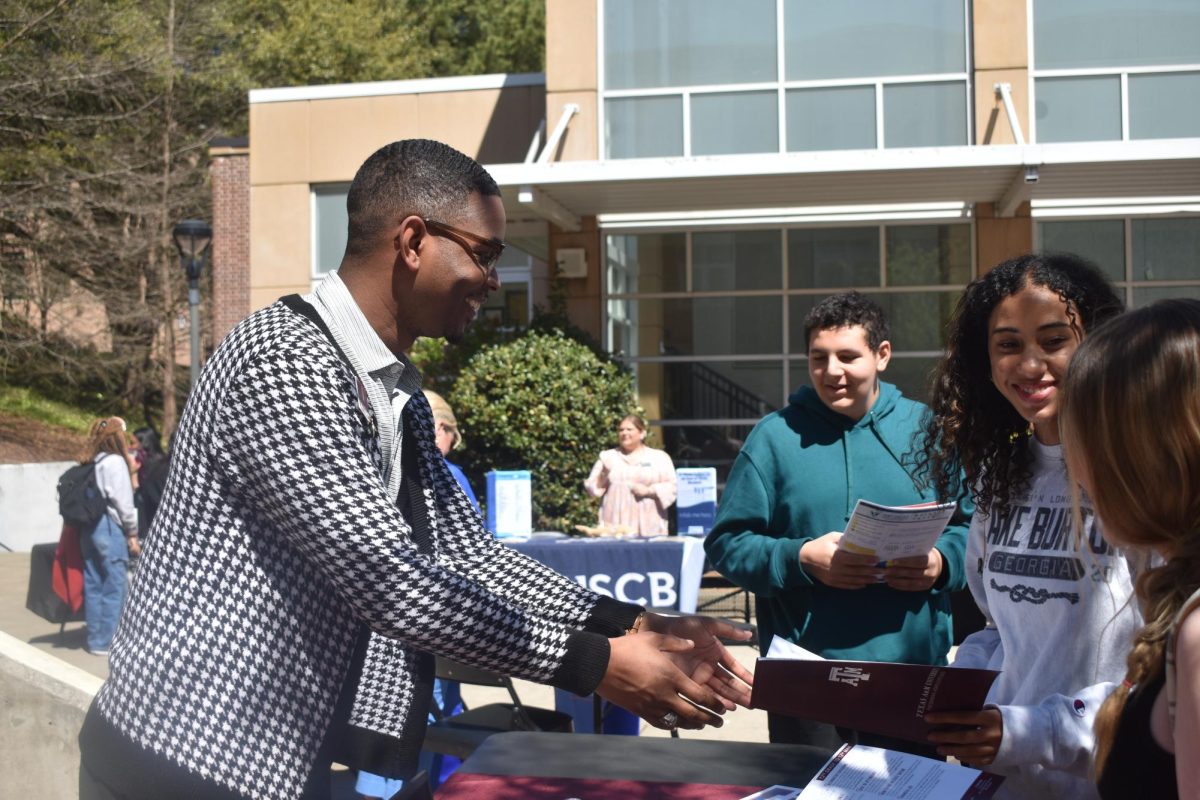By Ciena Leshley and Sammi Dean
Hoping to shore up the HOPE Scholarship in the wake of ever-shrinking lottery revenues, lawmakers last year linked the scholarship to Georgia Lottery revenues, raised the required GPA and lowered the amount of tuition the scholarship covers. Despite these reforms, however, the long-term prognosis of the HOPE Scholarship in its current state remains bleak, according to the Georgia Student Finance Commission.
In 2011, HOPE paid for 87 percent of recipients’ tuition costs. The commission projects, however, that the cash reserves currently funding the program will be exhausted by 2014. If lottery funds continue to decrease, the commission projects that HOPE will pay for less than 50 percent of each recipient’s tuition by 2016.
These projections have Democratic state senator Jason Carter looking for more substantive reforms.
“Instead of cutting scholarship money every year for all HOPE scholars,” Carter said, “[my plan is to] maintain it as a full scholarship and give it to the maximum number of students with [financial] needs.”
In order to achieve this goal, Carter proposes to cap the income of eligible recipients. The cap would be $140,000 for 2012 and would go up or down annually as lottery revenues change.
Carter said the income cap would preserve the full HOPE Scholarship for 96 percent of Georgia families who would remain eligible for it. Junior Cole Davies feels that an income cap is the wrong way to reform the HOPE Scholarship. Davies believes restricting eligibility for the scholarship would cause less privileged students to work less and still be rewarded.
“An income cap would reduce academic competition among applicants,” Davies said.
Gov. Nathan Deal, in a column published in The Atlanta Journal-Constitution, argued that placing an income cap on the recipients of HOPE would hurt middle-income families and would not be the most effective way to deal with the insufficient funds.
Deal suggests a separate scholarship, the newly created REACH scholarship, which Deal established last February. It offers up to $10,000 to applicants who demonstrate financial need.
But Deal’s critics contend that creating more scholarships dilutes already scarce scholarship revenue. Another Georgia scholarship, The Zell Miller Scholarship, also comes out of lottery funds and awards a full-tuiton scholarship to students who have a 3.7 GPA and have scored at least a 1200 on the math and reading sections of the SAT.
But the Miller scholarship is awarded disproportionately to white, urban students. The rural population of Georgia gets one tenth as much Miller Scholarship money as those in more populated areas. According to the University System of Georgia, only about 3.8 percent of Miller Scholars are African-American.
“This scholarship doesn’t measure hard work but leans toward wealth,” Carter said.
Junior Lily Trapkin believes there should be a cap but that it should account for family size.
“If you have two kids, you can make a good amount of money and not fit into the income cap, but that doesn’t mean that you can afford two tuitions,” Trapkin said.
Karen Taber, a Grady parent, agreed and added that family size isn’t the only factor that should be taken into account when determining a family’s ability to pay for college. She said she was also concerned that Carter’s income cap plan doesn’t account for the healthcare, retirement and pension costs of self-employed parents.
“There are times that our family would be disqualified from HOPE,” Taber said. “The middle class is not poor enough and not rich enough.”
Even if students are ineligible for HOPE based on their family income, Carter said they could still receive it. According to his plan students who rank in the top 3 percent of their schools would be eligible regardless of income.
“At a minimum, the income cap plan will be able to give the maximum number of students full scholarships every year,” Carter said.







